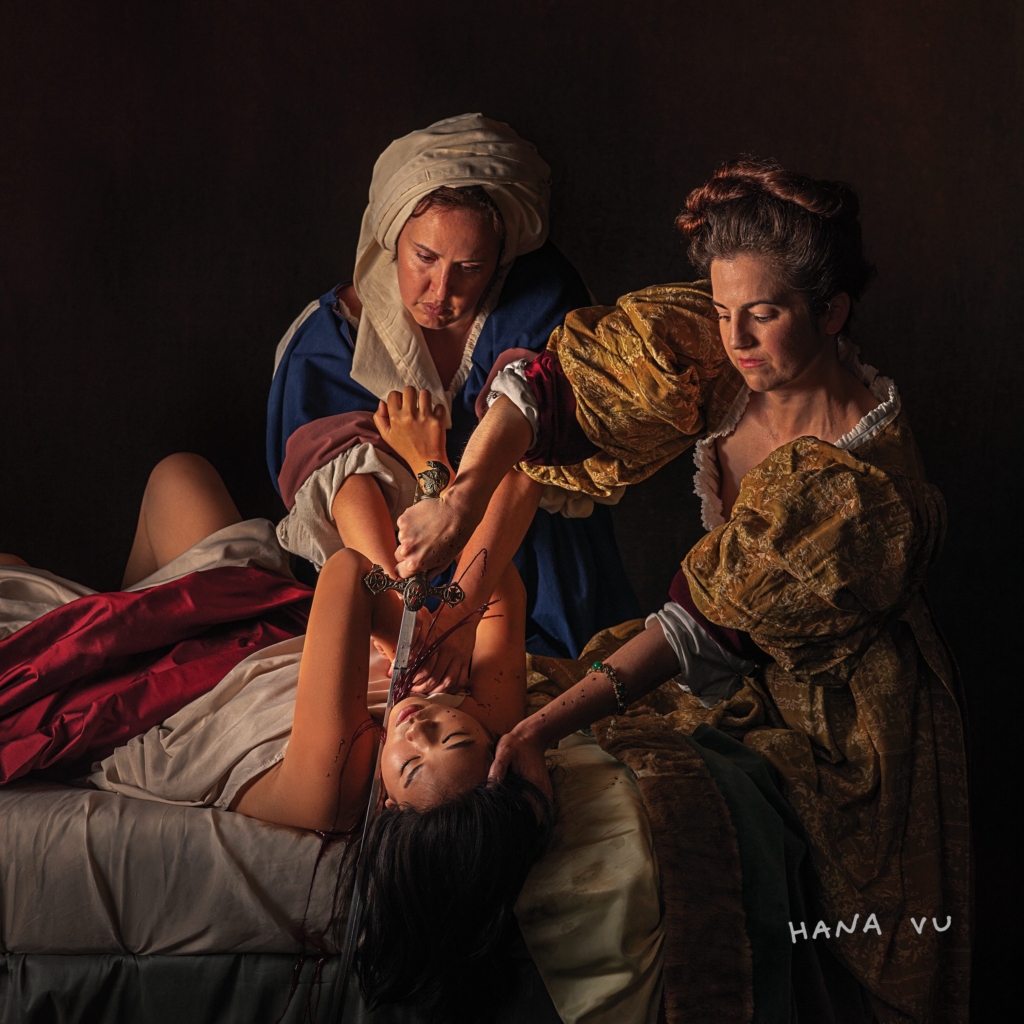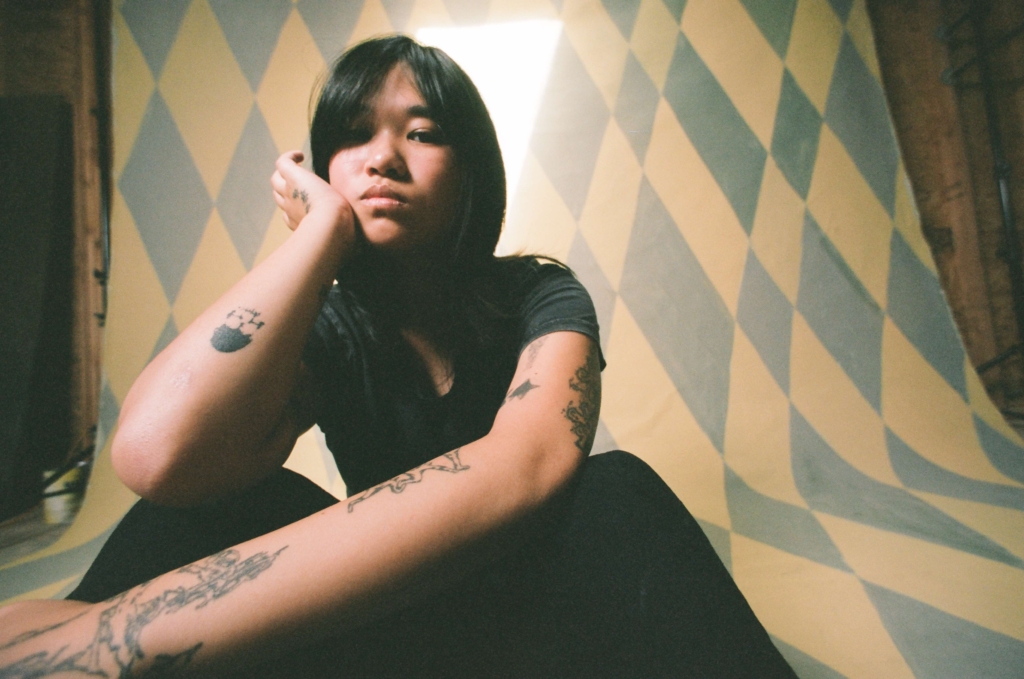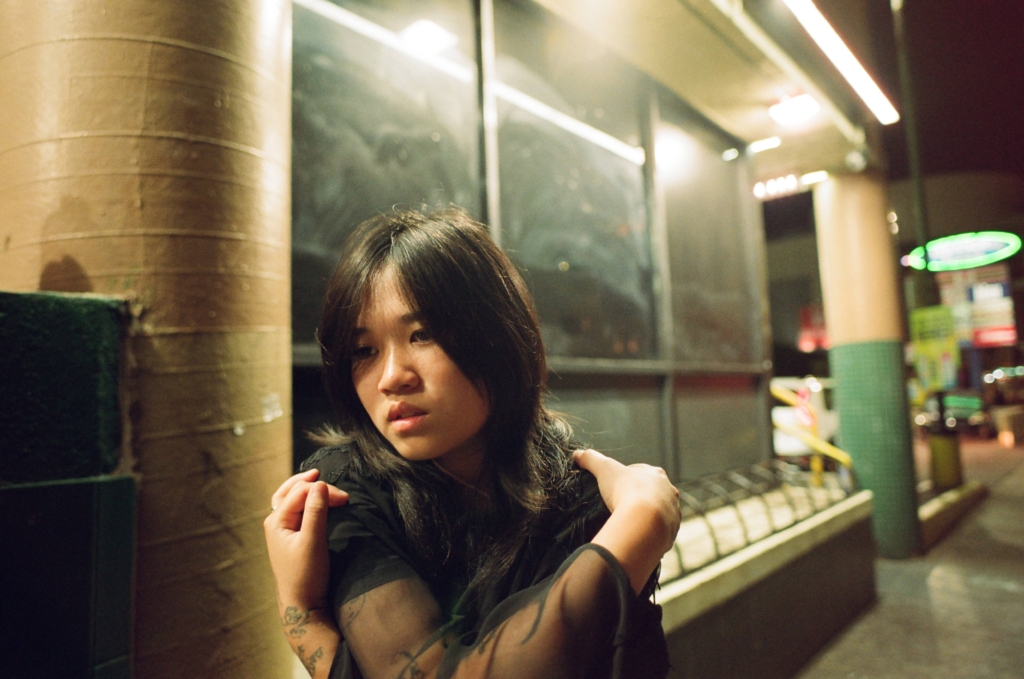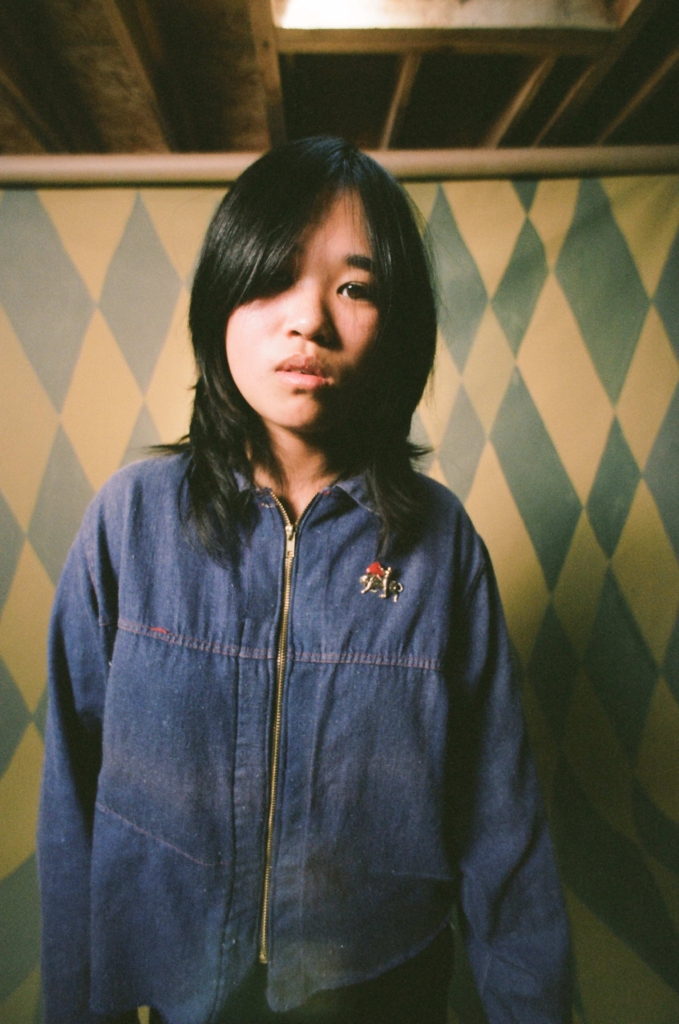Hana Vu
Romanticism (Ghostly International)
Contact Jessica Linker, Patrick Tilley, Yuri Kwon about Hana Vu
Hana Vu, praised by the Los Angeles Times as “L.A.’s indie-pop prodigy,” announces her new album, Romanticism, out May 3rd via Ghostly International, and releases its lead single & video, “Care.” The follow-up to her 2021 debut album Public Storage, Romanticism aches with depth and intimacy, expanding on Vu’s contemplative, coming-of-age indie-pop that mourns the impermanence of youth. Vu and Jackson Phillips reunite here, co-producing songs both lush and loud, reminiscent of guitar-heavy late-aughts indie rock, and expansively futuristic with layered synth bass. They pulse with meaning and jolt with playfulness, anchored by Vu’s powerful, sonorous voice. “I’m just trying to convey my perspective as boldly as possible. To succinctly crystallize how it feels to be young, but also to be deeply sad.”
Of “Care,” Vu comments, “I wrote this song while staring out the window wondering if everyone considered things as much or more or less than I do. Also ruminating on whether or not it mattered. Thoughts and feelings might be an eternally individual experience.” The song’s video, directed by Maegan Houang, expands upon the album’s Romantic era-inspired visuals, nodding to Artemisia Gentileschi paintings “Judith Beheading Holofernes” and “Judith, Her Maid and Holofernes Head.” The video follows the story of Vu’s murder, moving backward in time from the moment the cops discover her discarded head to the moment right before her death. The camera always stays focused on Hana as she performs, never seeing the killer beyond his hands or his shadow. This video isn’t about the killer, but about the meaning of care: Did he care so much to murder her or did he never care for her at all?
Vu has been making music since high school, with a full-length debut and several EPs of glowy, brooding anthems of abstraction behind her. Romanticism fills out the coming-of-age experience, underlining the angst and dissolution of adolescence with slick and sorrowful precision. An artist aware of the contradictory compulsions of growth and human nature, she leans into that truth in juxtaposition.
“Being a romantic is different from being a romanticist,” Vu clarifies, and Romanticism has less in common with lovetorn ballads than it does with 1700s Europe, when artists called for heightened emotion over argued reason and sensory details over logical ones. These songs luxuriate in an intensified, distilled picture of the rush of feelings that follow adolescence. “The nexus of this album is indulging in these sad feelings, indulging in the senses,” Vu says. “It’s just not commonplace in society that people really can value the beauty of being so sad, of feeling grief and heartbreak.” Romanticism presents how thrilling it can be to look directly at our feelings, to sing their sorrows and praise. Under Vu’s magnetic gaze, soaking up sadness has never felt so alive.



